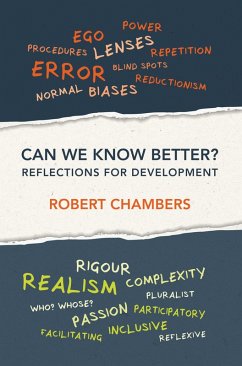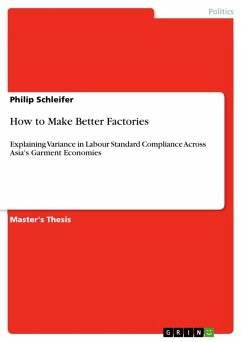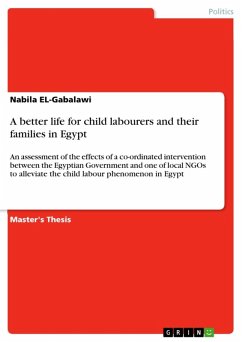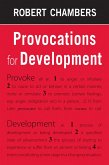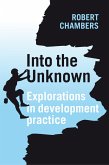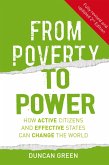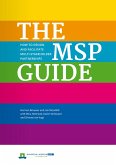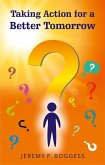This book is intended for all who are committed to human wellbeing and who want to make our world fairer, safer and more fulfilling for everyone, especially those who are 'last'. It argues that to do better we need to know better. It provides evidence that what we believe we know in international development is often distorted or unbalanced by errors, myths, biases and blind spots. Undue weight has been attached to standardised methodologies such as randomized control trials, systematic reviews, and competitive bidding: these are shown to have huge transaction costs which are rarely if ever recognized in their enormity. Robert Chambers contrasts a Newtonian paradigm in which the world is seen and understood as controllable with a paradigm of complexity which recognizes that the real world of social processes and power relations is messy and unpredictable. To confront the challenges of complex and emergent realities requires a revolutionary new professionalism. This is underpinned by a new combination of canons of rigour expressed through eclectic methodological pluralism and participatory approaches which reverse and transform power relations. Promising developments include rapid innovations in participatory ICTs, participatory statistics, and the Reality Check Approach with its up-to-date and rigorously grounded insights. Fundamental to the new professionalism, in every country and context, are reflexivity, facilitation, groundtruthing, and personal mindsets, behaviour, attitudes, empathy and love. Robert Chambers surveys the past world of international development, and his own past views, with an honest and critical eye, and then launches into the world of complexity with a buoyant enthusiasm. He draws on almost six decades of experience in varied roles in Africa, South Asia and elsewhere as practitioner, trainer, manager, teacher, evaluator and field researcher, also working in UNHCR and the Ford Foundation. He is a Research Associate and Emeritus Professor at the Institute of Development Studies, University of Sussex, his base for many years. Can We Know Better? is essential reading for researchers and students of development, for policy makers and evaluators, and for all those working towards the better world of the Sustainable Development Goals.
Dieser Download kann aus rechtlichen Gründen nur mit Rechnungsadresse in A, D ausgeliefert werden.

